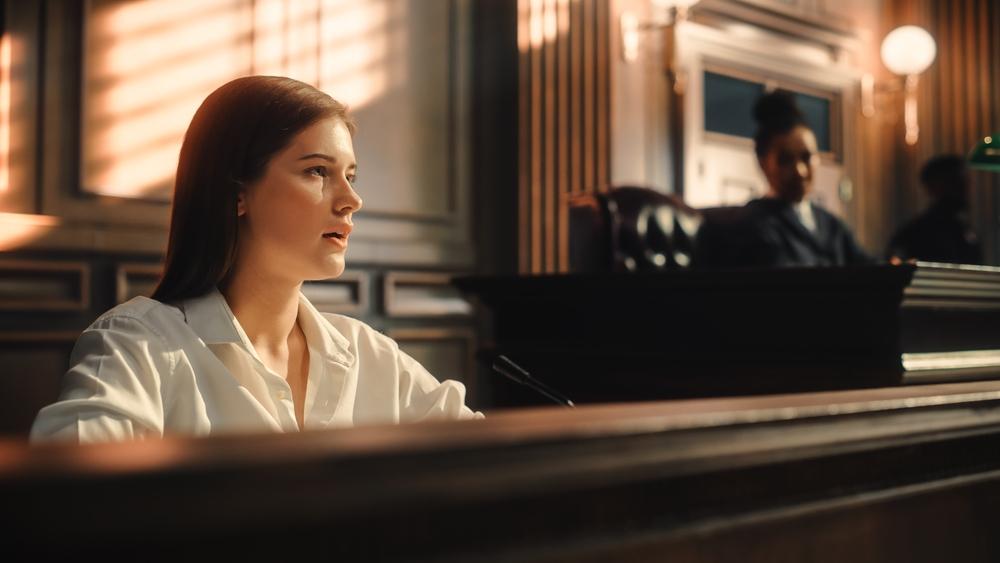When facing a petition for a protection order based on false allegations, it’s essential to gather evidence that can refute the claims made against you. Some potential types of evidence that may be helpful in defending against false allegations of abuse or domestic violence include:
1. Documentation: Any relevant documentation, such as emails, text messages, or letters, that can contradict the allegations made against you. This could include evidence of a positive relationship with the petitioner, communication that disproves the allegations, or evidence that establishes an alibi for the time and date of the alleged incidents. Social Media is very important as it can disprove the allegations.
2. Witnesses: Statements from witnesses who can provide testimony or evidence that contradicts the allegations. This could include friends, family members, neighbors, or coworkers who were present during the alleged incidents and can testify to your behavior or actions.
3. Character witnesses: Character witnesses who can speak to your reputation for non-violence or peaceful behavior. These witnesses could include friends, family members, colleagues, or community members who can testify to your character and behavior. Also witnesses that can show the propensity of the Petitioner to make false allegations or to be aggressive is helpful.
4. Expert testimony: Expert testimony from professionals such as counselors, therapists, or psychologists who can provide their professional opinion on the allegations and testify to your non-violent behavior or lack of propensity for abuse.
5. Physical evidence: Any relevant physical evidence that can disprove the allegations, such as photographs, medical records, or other tangible evidence that supports your defense. Now days everyone has Ring cameras at their house. If the alleged event occurred outside, go back to the location and see if any neighbors or businesses have video of the alleged event.
It’s important to consult with a qualified attorneys, like those at Whalley Law, who are experienced in handling protection order cases in Pierce County, Washington, to guide you through the legal process and provide tailored legal advice based on your specific situation. A skilled attorney can help you gather the necessary evidence, build a strong defense, and represent your interests in court. Whalley Law or any other qualified law firm may be able to provide legal representation, but it’s important to thoroughly research and choose an attorney that best meets your needs and budget.
What does it cost for representation? Every attorney is different. As we regularly appear in protection order, Whalley Law provides representation for protection orders for a fixed fee of $5,000.00. Payment plans are available. Whalley Law also offers same day consultations for free.




